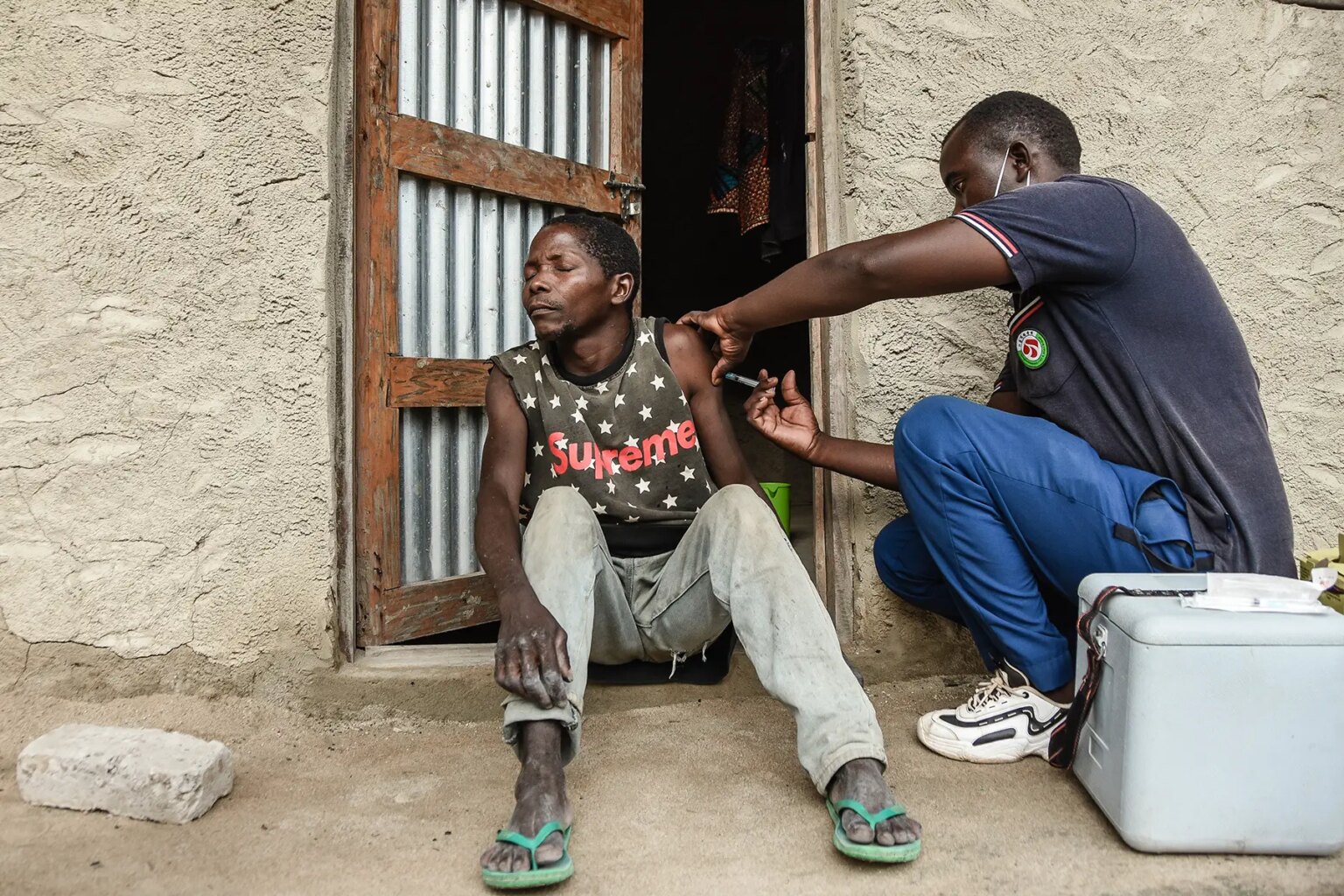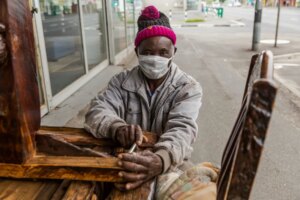South Africa has a well-developed inoculation system with a number of recommended vaccines for infants and youth. Immunization is available for free at government clinics, with the first vaccines given at birth. However, if you are moving to the country, it is crucial to check which vaccinations are mandatory and which are recommended.
Therefore, this guide explains everything you need to know about vaccinations in South Africa, including the following:
Cigna Global
Want access to the best private medical services in South Africa? Speak to the healthcare professionals at Cigna Global today and find a policy that’s right for you. Take advantage of their global network of doctors, specialists, therapists and more with coverage tailor-made for you and your family. If you’re starting a new life in South Africa, get peace of mind with Cigna Global.
The South African vaccination system
As with other countries, you should be aware of some diseases before you move to South Africa. Indeed, infectious diseases are generally a major concern on the whole continent, though these concerns are far less present than elsewhere on the continent. To get even more information, the National Department of Health is a great resource.
To raise awareness of the importance of vaccinations, the World Health Organization is also active in South Africa. In addition, other organizations like the South African Vaccination and Immunization Center aim to educate about the importance of sticking to a vaccination schedule.
Insurance for vaccinations in South Africa
Government healthcare coverage in South Africa has improved over the last couple of decades, although it remains significantly underfunded. Undeniably, there is a large gap between the quality of care you can expect between public and private clinics.
Government healthcare in South Africa is subsidized for citizens as well as permanent residents; however, how much you’ll pay depends on your level of income. The highest co-payment you can receive from the government towards your medical costs is 40%, though.
Private insurance coverage is also possible in South Africa. A wide variety of health insurance providers offer plans here, such as:
The cost of different treatments is regulated across South Africa through the Uniform Patient Fee Schedule.
Keep in mind that more than half of the healthcare budget in South Africa is put towards private services. To learn even more about healthcare in South Africa, explore our guide.
Child vaccinations in South Africa
South Africa offers an extensive baby immunization program, although they are only available for free at public clinics. You also have the option to get vaccinations at a private clinic. The government recommends the following vaccination scheduling, including vaccines such as:
- Birth: oral polio vaccine against Polio, Bacillus Calmette Guerin against Tuberculosis
- Six weeks: Oral Polio vaccine against Polio; Rotarix against Rotavirus; Pneumococcal conjugate vaccine against Pneumococcal diseases; Pentaxim (five-in-one) against Diphtheria, tetanus, acellular pertussis (whooping cough), inactivated polio vaccine, Hemophilus influenzae type B; Hepatitis b against HBV
- 10 weeks: Pentaxim against Diphtheria, tetanus, whooping cough, polio, Hemophilus influenzae type B; Hepatitis B vaccine against HBV
- 14 weeks: Rotarix against Rotavirus; Prevenar against Pneumococcal diseases; Pentaxim against Diphtheria, tetanus, whooping cough, polio, Hemophilus influenzae type B; Hepatitis B vaccine
- 6–9 months: Measles vaccine
- Nine months: Prevenar against Pneumococcal diseases
- 12–18 months: Measles vaccine
- 18 months: Pentaxim against Diphtheria, tetanus, whooping cough, polio, Hemophilus influenzae type B
- Six years: Diftavax against Tetanus, Diphtheria
- 12 years: Diftavax against Tetanus, Diphtheria
Learn more about child vaccinations from the National Department of Health.
COVID-19 vaccination in South Africa
South Africa offers COVID-19 vaccinations to anyone over the age of 12. There are vaccination centers all over the country, and there are also occasional pop-up vaccine centers. You need to register to make an appointment, but this is free of charge.
For more information, visit our guide to coronavirus in South Africa. You can find details on tests, vaccines, and recent regulations.
Travel vaccinations in South Africa
If you are from a Western European country, then you don’t require any vaccinations to enter South Africa. However, you should be up to date on routine vaccinations before traveling to any destination.
Check in advance if you are vaccinated against:
- Measles
- Routine vaccines, such as rubella, mumps, diphtheria-tetanus-pertussis, varicella, polio vaccine, and influenza
In South Africa, you might want to get extra shots before going such as:
- Hepatitis A: Advised.
- Typhoid: Advised; it is possible to contract typhoid through contaminated food or water.
- Malaria: Avoid areas where mosquitos are present. You may need to take prescription medicine before, during, and after your trip.
- Rabies: This is carried by dogs, bats, as well as other mammals in South Africa. As a result, the Center for Disease Control and Prevention recommends this vaccination if you are planning outdoor activities such as camping or hiking.
- Yellow fever: Although there is no risk of yellow fever in South Africa, the government requires proof of yellow fever vaccination if you’re arriving from a country where there is a risk of yellow fever.
Useful resources
Need more information about vaccinations in South Africa? Check out the following websites:




